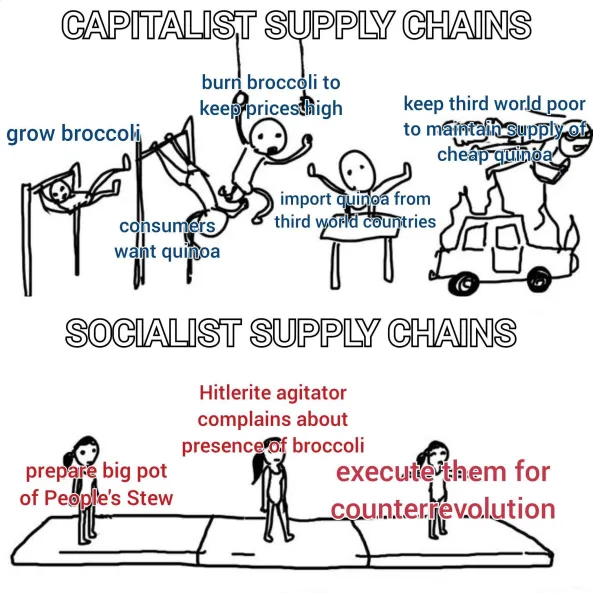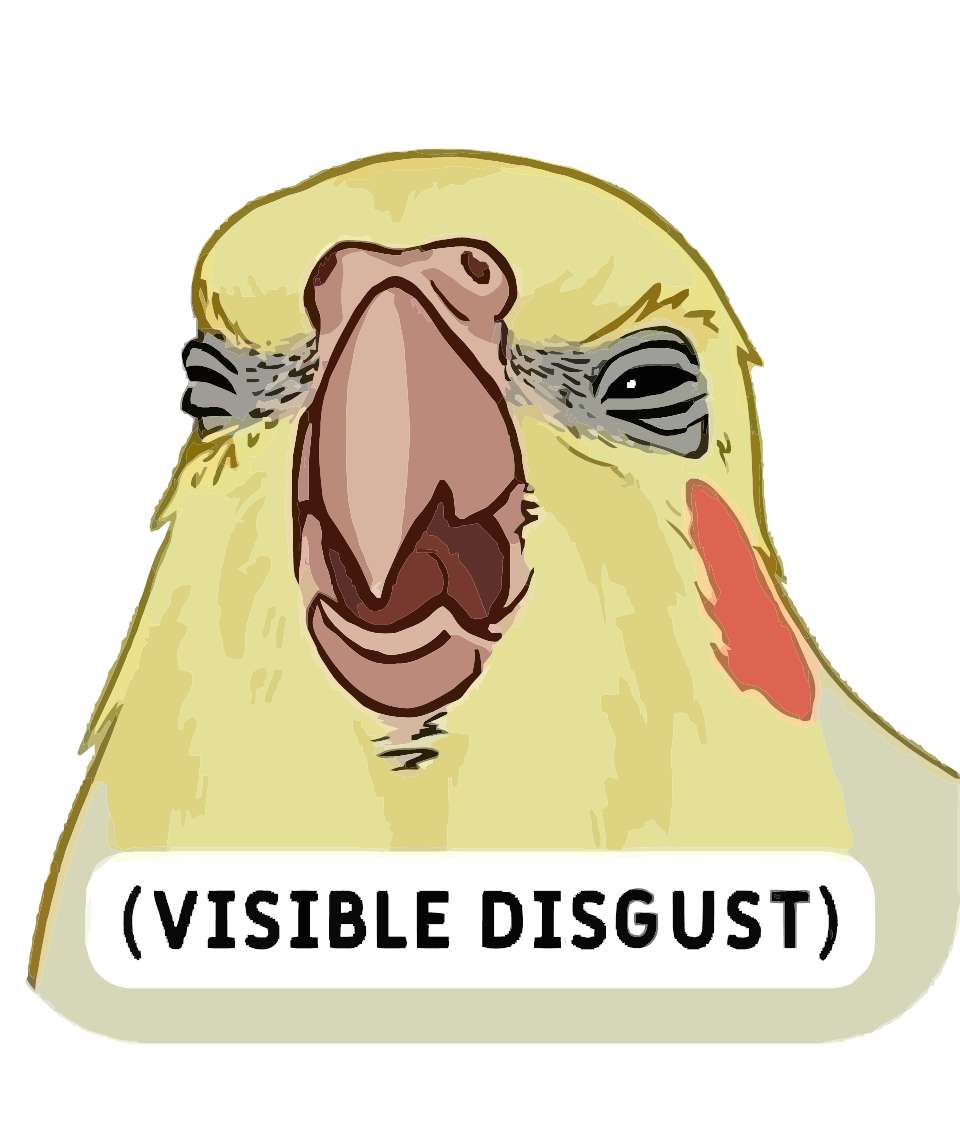I think there's something to be said of the flattening of culture that has come out of this.
You have a region that's got a broccoli glut and a region that's got a quinoa glut. Historically, these local maxima of produce would inform a bunch of the habits and inclinations of the society, as they leaned into what they had in abundance. You'd have a city with a giant broccoli on their crest. You'd have "Broccoli Cookoff Season". You'd have all sorts of broccoli derivatives like seasonings and dyes/textiles and plants that produce calcium supplements from the excess, etc, etc.
Now all that excess broccoli is owned by a Mega-Corp. Nobody in town really gets to see the benefits of surplus or access a virtually free super-abundance. It either gets shipped out or destroyed and the town probably benefits more financially from a bad crop than a good one. There's relatively little pride in what the city produces, because they're all day laborers working precariously for a company that cycles them through multiple farm yards miles apart. There's very little free time to exploit the excess or to develop these cultural artifacts iconic to towns.
And, in the end, you may stop producing broccoli locally in its entirety, because real estate is owned by one family three states away and they've decided to shift marketing to a less labor/resources intensive product.



